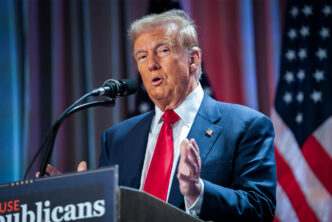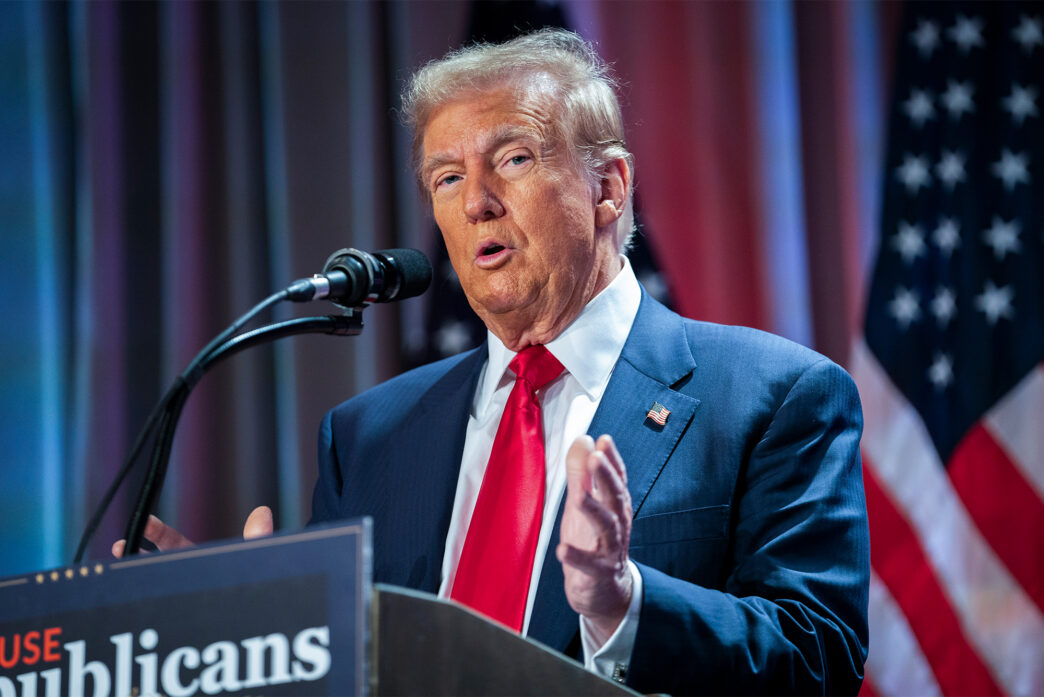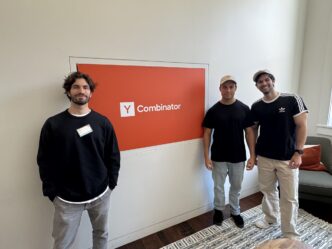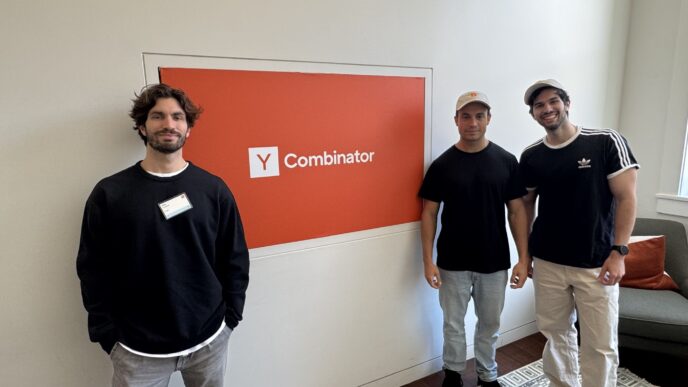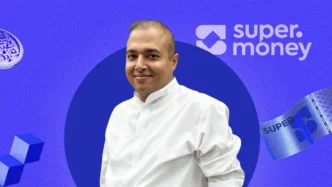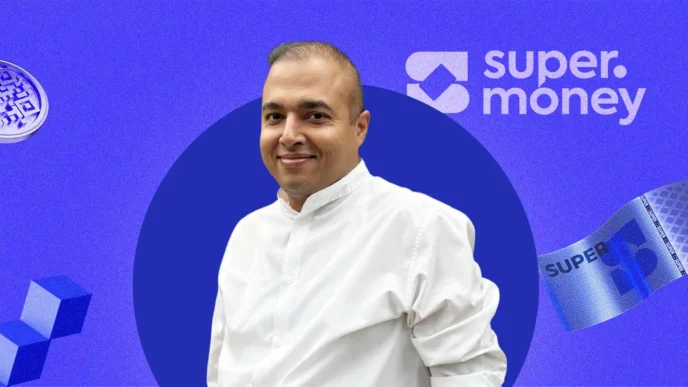The latest U.S. government shutdown is already sparking concerns across the startup ecosystem. If it stretches beyond a week, investors, founders, and legal experts warn it could disrupt deal flow, stall visa processing, and slow down regulatory approvals, leaving many startups in a vulnerable position.
This shutdown, which is the first in seven years, began on Tuesday under a politically entrenched Congress and the unpredictable Trump administration. History offers little comfort: the last prolonged shutdown lasted 35 days, the longest in modern history. With that precedent, founders are preparing for turbulence.
One of the biggest risks lies in immigration. Thousands of engineers and startup founders depend on visas to work and live in the U.S. But with the Department of Labor closed, H-1B and green card applications are frozen. Immigration attorney Sophie Alcon warned this creates uncertainty not only for employees but for founders themselves if they are visa holders.
Michael Scarpati, CEO of fintech company RetireUS, explained that when systems like E-Verify and labor certifications go offline, workers risk falling out of status. This not only jeopardizes their future in the U.S. but also destabilizes the startups that rely on them.
The anxiety extends beyond immigration. Jenny Fielding, managing partner at Everywhere Ventures, noted that regulated industries are particularly vulnerable. FDA approvals, aerospace permits, and other essential government functions could stall, leaving startups unable to move forward. For young companies built around one regulatory milestone, the delay could be existential.
The timing is also weighing on investors. Fielding shared that her firm had already paused fundraising earlier this year when new tariffs created uncertainty. Now, with fundraising restarted during the shutdown, limited partners are once again hesitant. If the standoff drags on, she warned, layoffs may follow.
Garima Kapoor, co-founder of software company MinIO, whose co-founder husband entered the U.S. on an H-1B visa, said startups should prepare for prolonged disruption. In regulated sectors like fintech and health tech, government slowdowns can bring deals to a standstill. Even outside of those industries, uncertainty could shrink valuations and tighten deal terms.
To survive, Kapoor urged founders to plan for slippage, maintain open communication with partners and investors, and stay proactive. Transparency, she said, will be crucial in navigating these uncertain weeks.
Chris Chib, CEO of strategy firm BlueFin Solves, agreed, pointing out that resilience has always been the startup sector’s edge. Just as engineers solve complex challenges with machine learning and innovation, he said, startups will need that same perseverance now.
For most founders, the hope is still that the shutdown ends quickly. A week-long pause is frustrating but manageable. But if the government remains closed for weeks, startups could face tougher deal terms, lost talent, and draining cash reserves. In today’s environment of finite capital, that could mean the difference between survival and shutdown.
